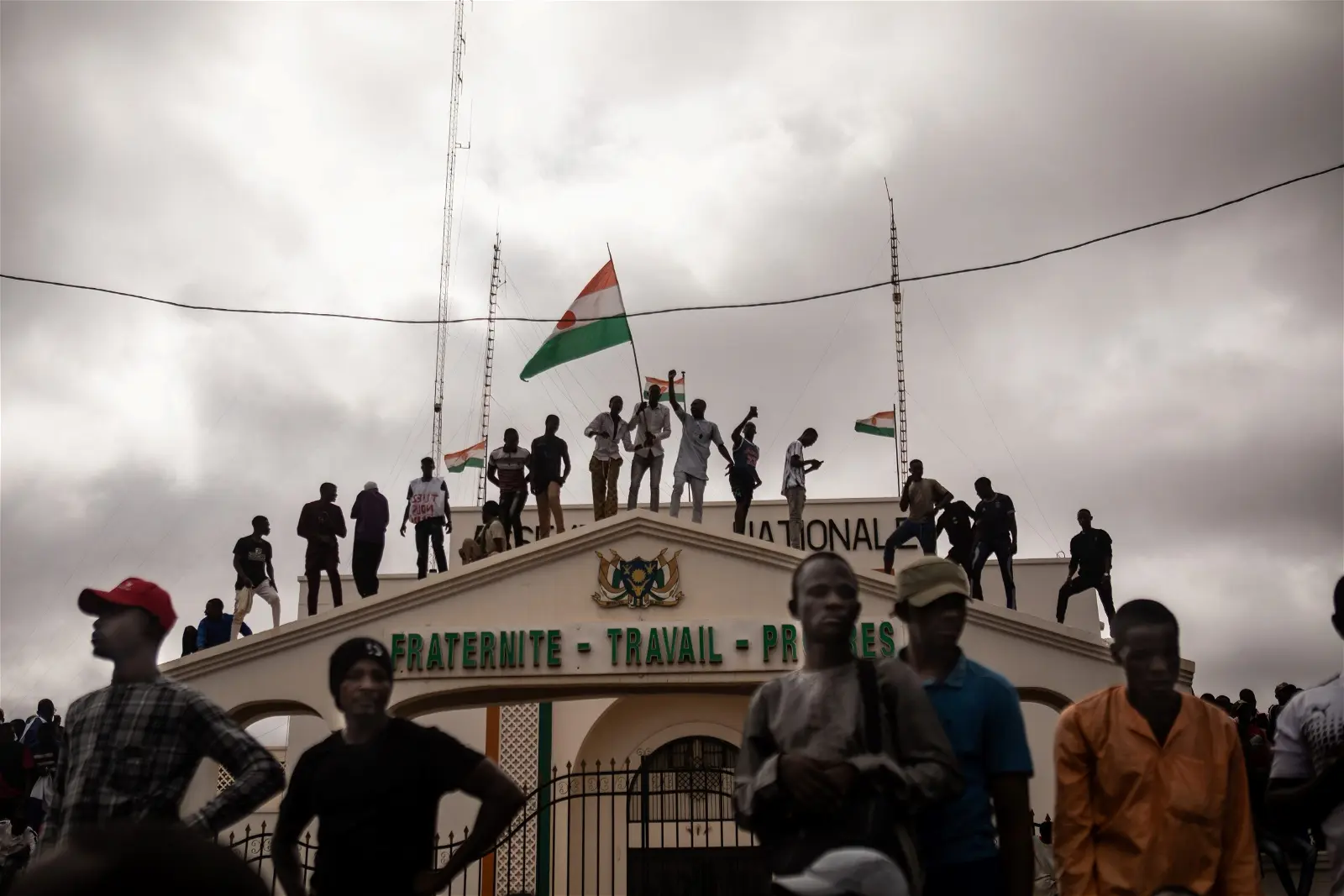Niger Encouraged to Embrace the ‘Democratic Path’ Again – Report
Top-level US officials are currently engaged in diplomatic efforts with the military junta in Niger, aiming to guide the country towards a return to democratic governance. The US State Department, in a statement cited by AFP, outlined that the visit’s agenda includes discussions on security matters and fostering a partnership between the United States and Niger.
Niger currently hosts around 1,000 US soldiers, deployed primarily for counterterrorism operations, according to the US Department of Defense. This diplomatic mission follows a coup in Niger last year, during which the military explicitly called for the withdrawal of French troops, the former colonial power. Notably, no such request was made concerning US troops, underlining the nuanced relationships at play.
The diplomatic engagement becomes particularly crucial as the military junta in Niger has demonstrated a growing alignment with Russia in recent months. This shift adds complexity to the geopolitical landscape and prompts the need for careful navigation by the United States in maintaining strategic interests while encouraging a return to democratic norms.
The presence of US officials signifies a commitment to dialogue and diplomacy, emphasizing the importance of international actors in influencing the trajectory of governance in Niger. The context of counterterrorism operations, coupled with the evolving relationships with France and Russia, highlights the intricate dynamics at play in the region.
Against the backdrop of global concerns about democratic backsliding and the implications for stability, the United States aims to play a role in shaping Niger’s political future. The diplomatic discussions are not only about security cooperation but also a strategic effort to guide the nation back to democratic principles, echoing broader international interests in promoting political stability.
As the dialogue unfolds, the outcome will not only impact the relationship between the United States and Niger but also hold implications for regional dynamics and the broader international community’s engagement in West Africa. The intricate dance of diplomacy and security considerations underscores the multifaceted nature of addressing political transitions in a region grappling with both internal challenges and external geopolitical shifts.



















